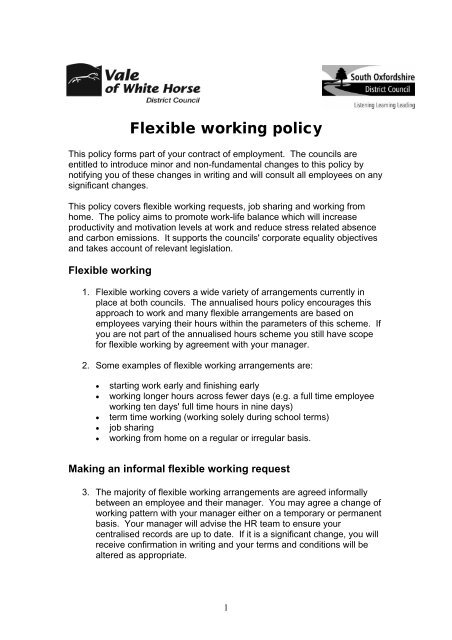
Building Resilience: Sustainable Practices for Supply Chains
Sustainable supply chains are no longer a trend; they are a necessity in today’s global business landscape. Companies are increasingly recognizing the importance of integrating sustainable practices into their supply chain operations. From reducing environmental impact to enhancing resilience, sustainable supply chains are pivotal for long-term success.
Understanding Sustainable Supply Chains:
Sustainable supply chains prioritize environmental, social, and economic responsibility throughout the entire supply chain lifecycle. This involves considering the environmental impact of raw material extraction, manufacturing processes, transportation, and end-of-life product disposal. Additionally, social and ethical considerations, such as fair labor practices, are integral components of sustainable supply chain management.
Environmental Impact Reduction:
One of the primary goals of sustainable supply chains is to minimize the environmental footprint. Companies are adopting eco-friendly practices such as using renewable energy sources, implementing energy-efficient technologies, and reducing waste generation. These initiatives not only contribute to environmental conservation but also often result in cost savings for businesses.
Circular Economy Practices:
Embracing circular economy principles is a key aspect of sustainable supply chain management. Rather than following a linear “take, make, dispose” model, companies are exploring ways to design products for durability, reuse, and recycling. Implementing circular economy practices not only reduces waste but also creates a more sustainable and resilient supply chain ecosystem.
Supplier Engagement and Collaboration:
Creating a sustainable supply chain requires collaboration with suppliers. Businesses are increasingly working closely with their suppliers to ensure they adhere to ethical and sustainable practices. This may involve setting specific sustainability criteria for suppliers, conducting regular audits, and fostering partnerships that prioritize shared sustainability goals.
Resilience through Diversification:
Sustainable supply chains inherently possess a level of resilience. Diversifying suppliers and sourcing materials from various regions reduce the vulnerability to disruptions, such as natural disasters or geopolitical events. This resilience ensures continuity in the supply chain, even in the face of unforeseen challenges.
Technological Integration for Transparency:
Technology plays a crucial role in creating transparent and traceable supply chains. Blockchain, IoT (Internet of Things), and advanced analytics enable companies to track the journey of products from source to destination. This transparency not only ensures adherence to ethical and sustainable standards but also enhances accountability and trust throughout the supply chain.
Regulatory Compliance and Risk Mitigation:
Adhering to sustainability regulations and standards is imperative for businesses. Sustainable supply chain practices help companies navigate complex regulatory landscapes and mitigate risks associated with non-compliance. Staying ahead of evolving regulations not only ensures legal compliance but also positions companies as responsible corporate citizens.
Employee and Community Well-Being:
Sustainable supply chains extend their impact beyond environmental considerations to focus on social responsibility. This includes ensuring fair labor practices, promoting employee well-being, and engaging with local communities. Companies that prioritize the welfare of their employees and communities contribute to a positive corporate image and foster long-term relationships.
Measuring Impact and Continuous Improvement:
To gauge the effectiveness of sustainable supply chain practices, businesses need robust measurement and reporting systems. Metrics related to energy consumption, emissions reduction, waste diversion, and social impact are regularly assessed. Continuous improvement strategies are then implemented based on these metrics, ensuring a commitment to ongoing sustainability.
Consumer Demand and Corporate Reputation:
Consumer preferences are increasingly shifting towards environmentally and socially conscious products. Embracing sustainable supply chain practices not only meets consumer demand but also enhances corporate reputation. Companies that are transparent about their sustainable efforts build trust with consumers, leading to brand loyalty and positive market positioning.
To learn more about Sustainable supply chains, visit businessinc.my.id. Explore how integrating sustainability into supply chain operations not only aligns with global environmental and social goals but also strengthens business resilience and competitiveness in an ever-changing market.


